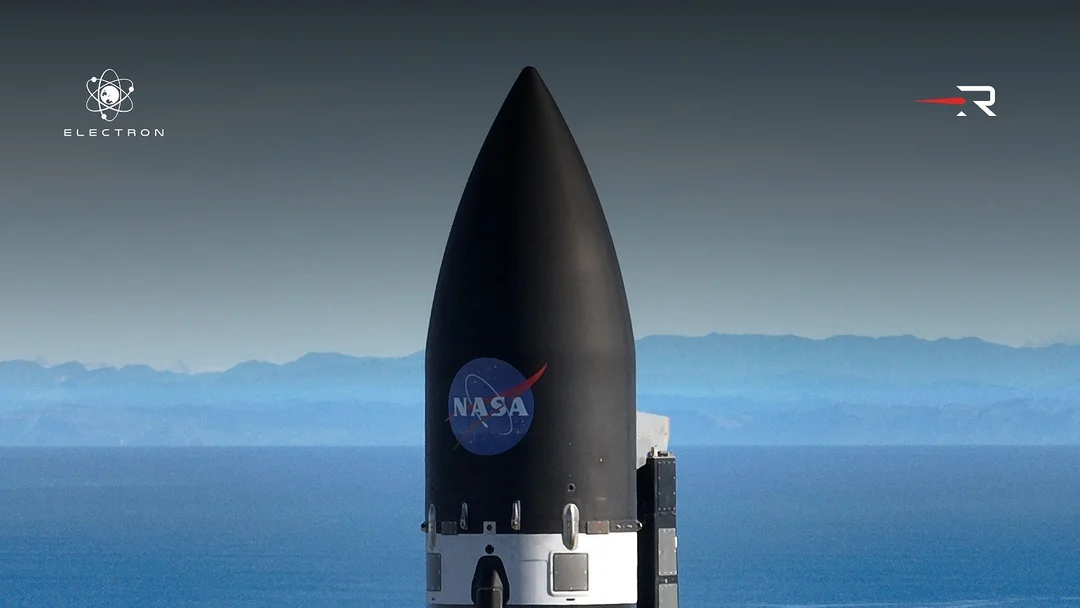
Rocket Lab to Launch NASA’s Aspera Mission: Unlocking Galaxy Evolution Secrets
Rocket Lab has been selected by NASA to launch the Aspera mission, a groundbreaking astrophysics endeavor aimed at studying the formation and evolution of galaxies. Scheduled for launch no earlier than Q1 2026 from Rocket Lab's Launch Complex 1 in New Zealand, this mission could unlock vital secrets about how stars and planets are born.
This contract, awarded through NASA's Venture-Class Acquisition of Dedicated and Rideshare (VADR) program, highlights Rocket Lab's growing role in supporting NASA's ambitious scientific endeavors.

The Aspera mission centers around a shoebox-sized satellite equipped with an onboard telescope. This telescope will analyze the ultraviolet light emitted from gases adrift between galaxies, known as the intergalactic medium. Scientists believe that studying this medium is crucial to understanding star formation and galaxy evolution.
"We have a good understanding of how much gas there must be in galaxies to explain how many stars we see, but we've searched far and wide and still cannot find most of it," said Carlos Vargas, Aspera Principal Investigator from the University of Arizona.
The mission's core objective is to measure the inflow and outflow of these gases, also known as the circumgalactic medium, and understand their contribution to the cosmic cycle of star birth and galactic development. This ties into NASA's broader Pioneers Program, designed to fund innovative, lower-cost astrophysics missions.
Rocket Lab's Electron launch vehicle will provide the necessary lift for Aspera. Electron has solidified its reputation as a reliable vehicle for small satellite deployment, as evidenced by its successful launches of other NASA missions like PREFIRE, TROPICS, and CAPSTONE.

"As a long trusted launch partner for NASA’s most pioneering small satellites, it’s great to be able to continue that support for another innovative science mission like Aspera," Rocket Lab CEO Peter Beck said.
Beyond this mission, Rocket Lab is also expanding its launch capabilities. The company is currently developing Neutron, a partially reusable rocket, and is contracted to launch a mission with the U.S. Air Force Research Laboratory (AFRL) using this new vehicle sometime in 2026.
The Aspera mission signifies a crucial step in understanding the intricate processes that shaped our universe. Its observations of ultraviolet light signatures promise to unlock a deeper comprehension of the origins of stars, planets, and perhaps, even life itself.
What potential discoveries do you think the Aspera mission will uncover? Share your thoughts and predictions in the comments below!